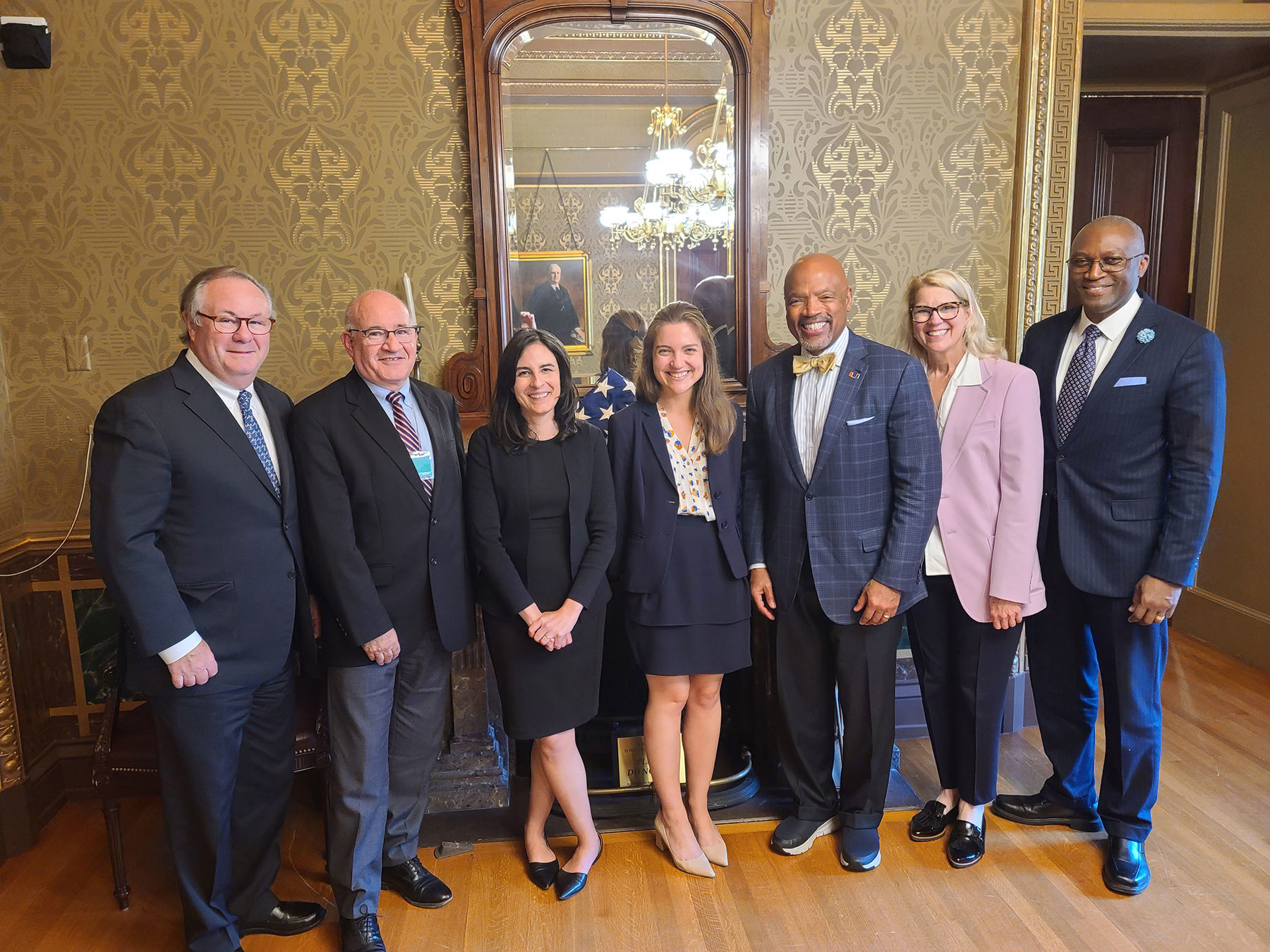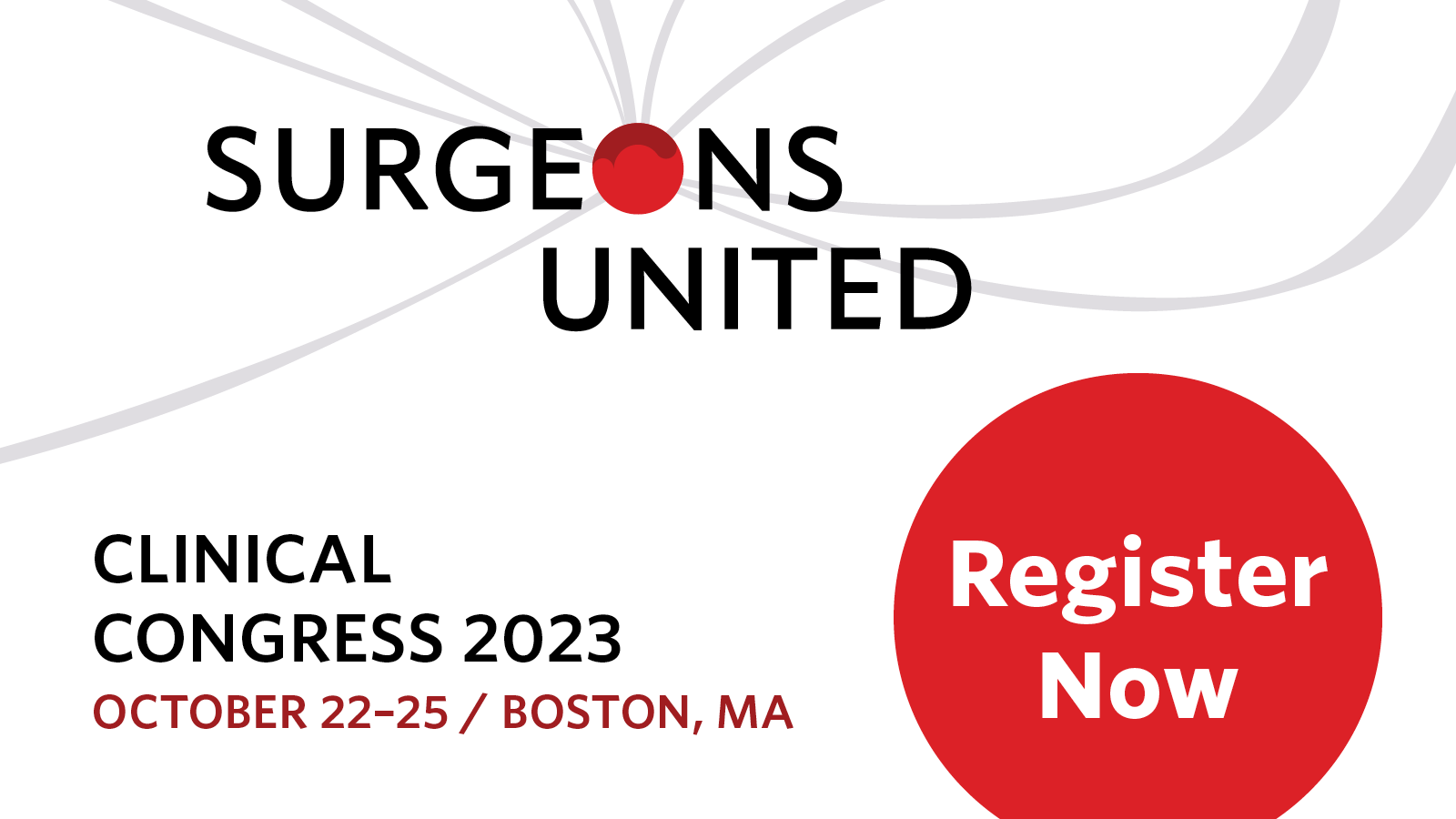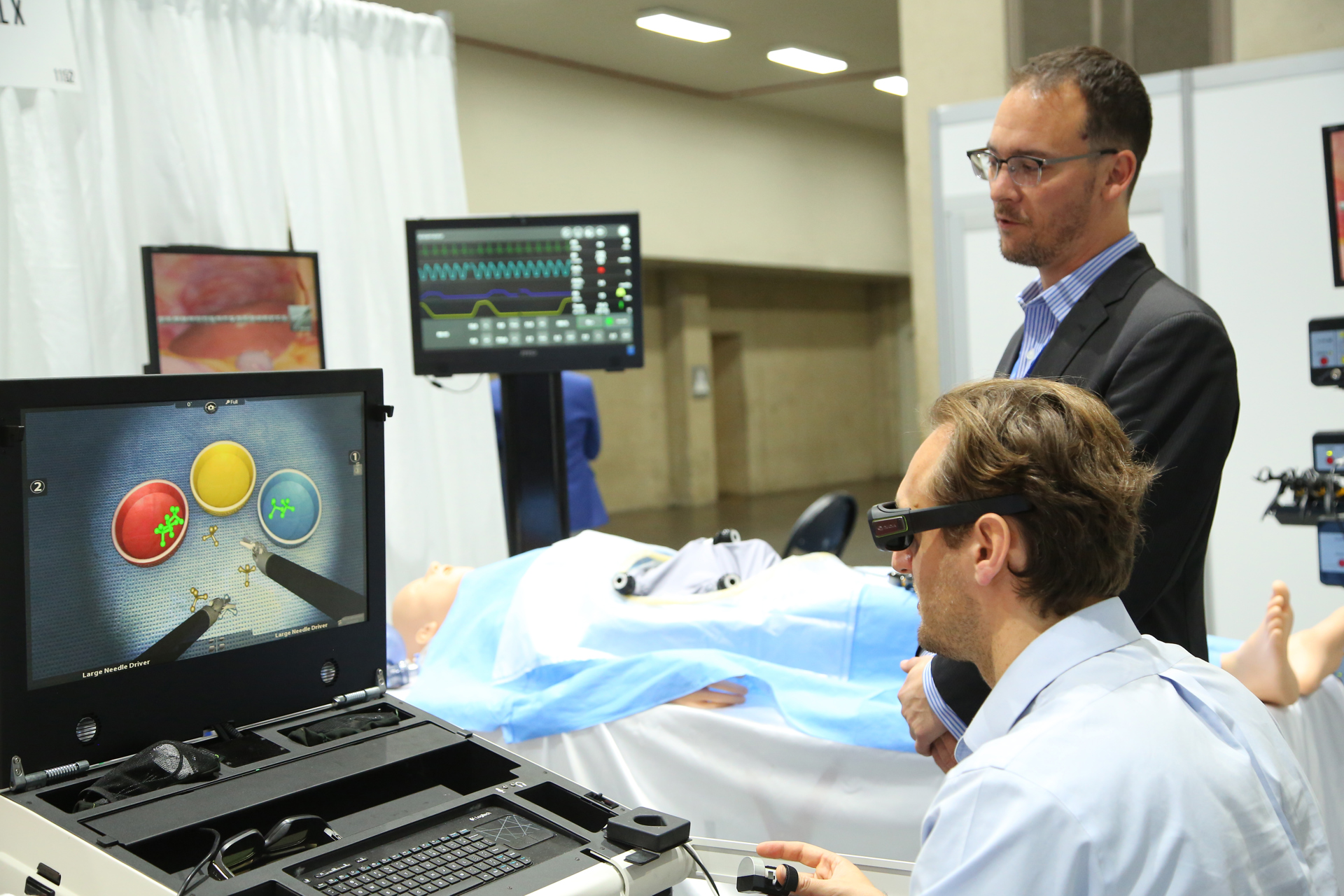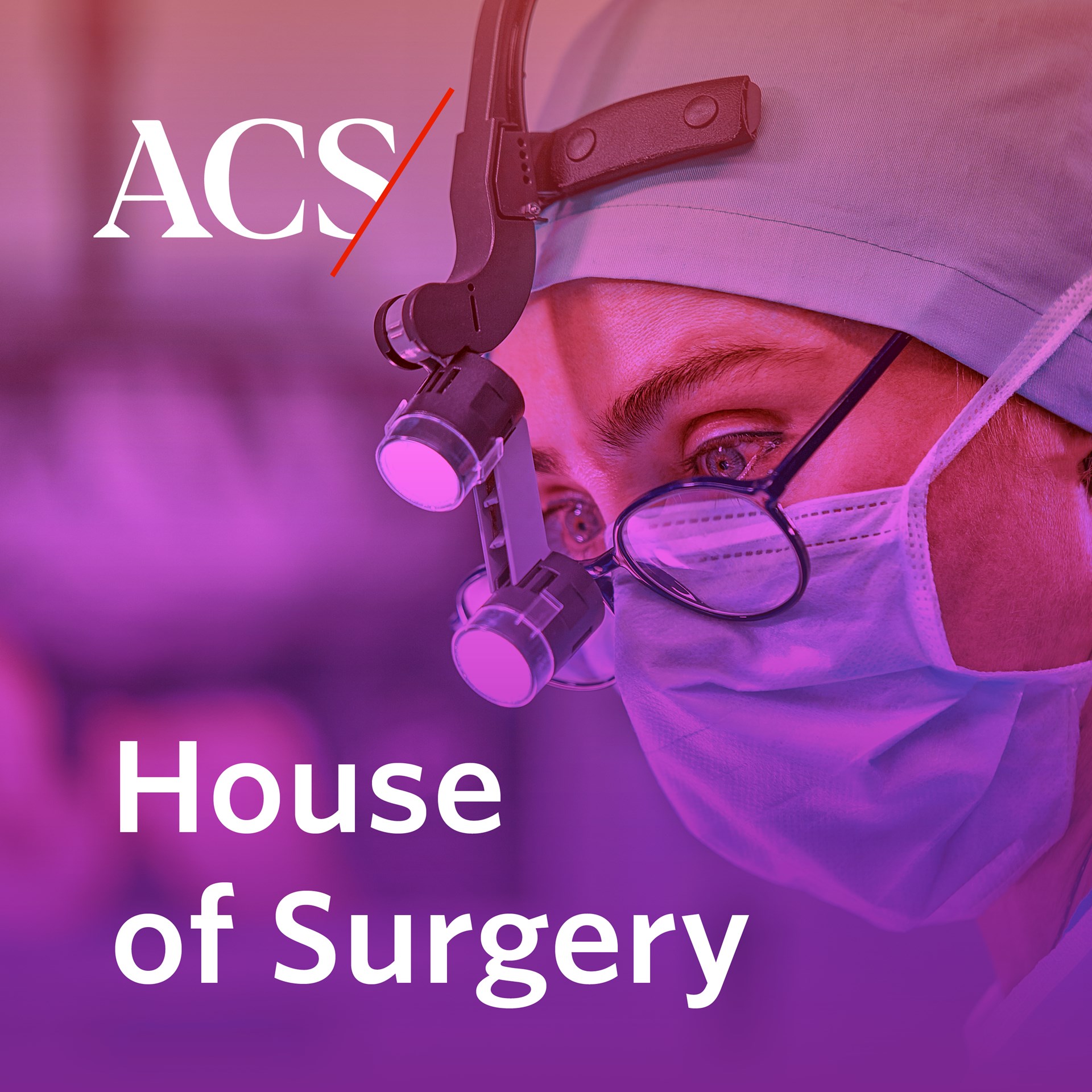The world of surgical training has been evolving in recent years to meet the realities of modern communications, education modalities, and expectations—and surgeon trainees have an important perspective about how they are being affected. In the August special issue of the Bulletin, members of the Resident and Associate Society of the ACS share their thoughts on the future of surgical training in several articles:
The rapid advancement of communication platforms, particularly social media, has revolutionized the way we connect, interact, and share information. One area that has been influenced profoundly by this digital revolution is surgical training.
Surgical educators will need to plan beyond acquisition of technical skills and medical knowledge to emphasize the value of ongoing self-reflection and feedback, increase specialized certification, and encourage the development of nontechnical skills.
Surgeons have unique qualifications and experiences that they can bring to policymaking. Therefore, strengthening the development of surgeon-advocates is integral to the surgical training paradigm.
This article explores how surgical trainees can interact with artificial intelligence (AI) through surgical education, skills acquisition, and intraoperative decision-making; it also examines ethical considerations surrounding AI.
Surgical residency has evolved significantly over the course of the last several decades, and times continue to change.
Other highlights this month include:
In this month’s column, Dr. Patricia Turner explains that while surgeons cannot predict the future, they can meet the future by knowing, engaging, and welcoming the next generation of surgical colleagues. “I am proud that the College maintains a strong focus on supporting residents and fellows as they progress through training and establish their careers,” she said.
This viewpoint article—written by a future orthopaedic surgeon—describes how surgical professionals are in a unique position to reduce the environmental impact of surgical services without compromising quality or patient safety.
While in residency, Dr. Anthony Duncan was diagnosed with cancer. He shares personal reflections and lessons learned from the life-changing experience, including the importance of taking care of yourself.
Also make sure to check out monthly reports, news, and more.








